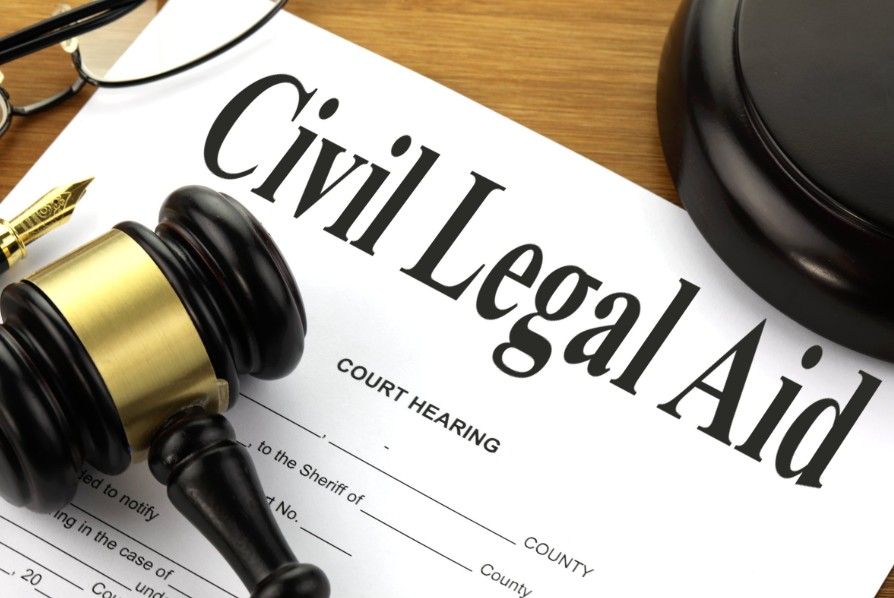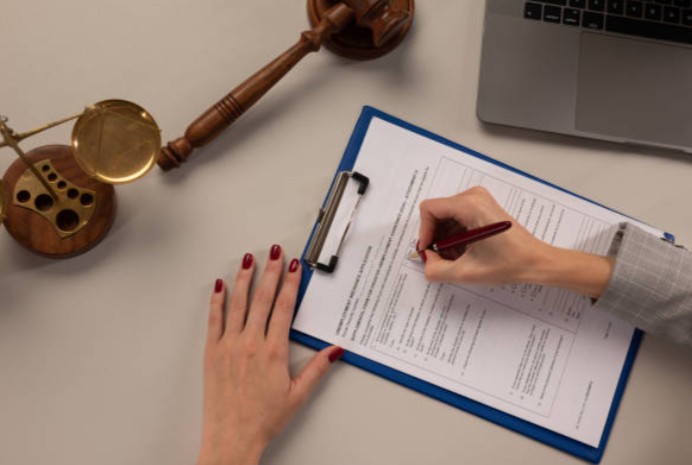In the UK, legal aid offers financial assistance to those who cannot afford legal counsel or representation. This service is crucial, as it ensures that those who need it most can access justice. But what is the maximum income to qualify for legal aid UK? Let’s break it down and explore the eligibility criteria, focusing on income thresholds, financial assessments, and the types of cases that may qualify for legal aid.
What does legal aid entail, and why is it crucial?

Legal aid helps cover the cost of legal advice, representation, and proceedings for people who cannot afford to pay for these services. It’s particularly important for vulnerable individuals in society, ensuring they are not excluded from the legal process due to financial constraints. Legal aid is available in various areas, such as family law, housing disputes, and criminal law, and is administered by the Legal Aid Agency (LAA).
However, to qualify for legal aid, there are certain income and financial criteria that applicants must meet. Let’s examine the highest income threshold needed to be eligible for legal aid in the UK.
What Is the Maximum Income to Qualify for Legal Aid UK in 2025?
The maximum income to qualify for legal aid in the UK depends on several factors, including the type of case and whether you have other assets that could contribute to the cost. The eligibility criteria for legal aid are typically divided into two main categories: civil legal aid and criminal legal aid.
Civil Legal Aid Eligibility

The eligibility for civil legal aid depends mainly on your monthly income, total household income, and the amount of savings you have. Below is an outline of the general eligibility based on income levels:
- Single Applicant (no dependents):
Monthly income below £1,215.
Savings less than £3,000. - Couple with no dependents:
Monthly income below £1,822.
Savings under £6,000. - Applicant with dependents:
Higher income thresholds, depending on the number of children or dependents in your household.
It is essential to note that income is not the only factor. The Legal Aid Agency also considers any outgoings (e.g., rent, childcare costs), which may reduce the amount of income that is considered.
Criminal Legal Aid Eligibility
For criminal cases, the means test is based on income after tax deductions, and the threshold varies depending on the seriousness of the offence. There are two tests for criminal legal aid: The Interests of Justice Test and the Means Test.
- The Means Test:
In criminal cases, if your income is below £1,700 a month (after deductions), you may qualify for legal aid. If your earnings exceed this amount, you might be required to help cover your legal expenses according to your income level. - The Interests of Justice Test:
This test looks at the seriousness of the offence and whether legal representation is needed for a fair trial. Even if your earnings surpass the limits, you could still qualify if the court determines it’s essential for your case.
Table: Income Thresholds for Legal Aid in 2025
| Category | Maximum Income for Legal Aid | Savings Limit | Example Case Type |
| Single Applicant (No Dependents) | £1,215/month | £3,000 | Family law, Housing dispute |
| Couple (No Dependents) | £1,822/month | £6,000 | Divorce, Immigration |
| Applicant with Dependents | Higher threshold based on dependents | £3,000 – £6,000 | Family law, Child Custody |
| Criminal Case (No Contribution) | £1,700/month (after deductions) | N/A | Criminal trial, Bail application |
What If My Income Is Above the Limit?
If your income exceeds the maximum threshold for legal aid eligibility, you may still be able to receive partial financial assistance, depending on the circumstances of your case. The Legal Aid Agency uses a means test to assess whether you can contribute toward your legal costs, which may include a fixed contribution or paying the full amount for your legal fees.
Key Considerations
- Contribution Threshold: For civil cases, if your income is higher than the maximum limit, you may be asked to contribute to the costs of your legal proceedings.
- Exceptional Cases: In some circumstances, such as in urgent cases involving domestic abuse or complex cases, the courts may make exceptions to the general rules.
What is the process for applying for legal aid in the UK?

To apply for legal aid, you will need to provide detailed financial information, including your income, savings, and household circumstances. Applications can be made through the Legal Aid Agency or via a solicitor, who will guide you through the process and help assess your eligibility.
Here’s a step-by-step guide on how to apply for legal aid:
- Check Eligibility: Ensure that your income and savings fall within the required threshold.
- Gather Financial Information: Provide details about your income, savings, debts, and essential living costs.
- Choose Your Case Type: Depending on your situation, apply for civil or criminal legal aid.
- Submit the Application: You can apply online or by post through the Legal Aid Agency website.
- Wait for Approval: Once your application is processed, you will be notified about whether you qualify for legal aid.
Conclusion
In conclusion, what is the maximum income to qualify for legal aid in the UK varies depending on the type of legal case, your household situation, and other financial considerations. If you are unsure whether you meet the eligibility criteria, it is best to contact the Legal Aid Agency or speak with a solicitor who can help guide you through the process. Legal aid is essential for ensuring access to justice, and understanding the income thresholds is the first step in securing the help you need.
FAQs
What happens if my income is above the maximum limit for legal aid?
If your income exceeds the maximum limit for legal aid, you may still be able to access support through a contribution scheme. In some cases, you may be eligible for a reduced contribution.
Can I apply for legal aid for any case?
Legal aid is available for specific types of cases, including family law, criminal law, housing issues, and immigration cases.
Is there a different income threshold for different regions of the UK?
No, the income thresholds for legal aid are consistent across the UK, but the availability of services and the specific rules may vary slightly between England, Wales, Scotland, and Northern Ireland.
Can I apply for legal aid if I have savings?
Yes, but your savings will be assessed as part of the means test. If your savings are over a certain amount, you may not qualify for full legal aid.






